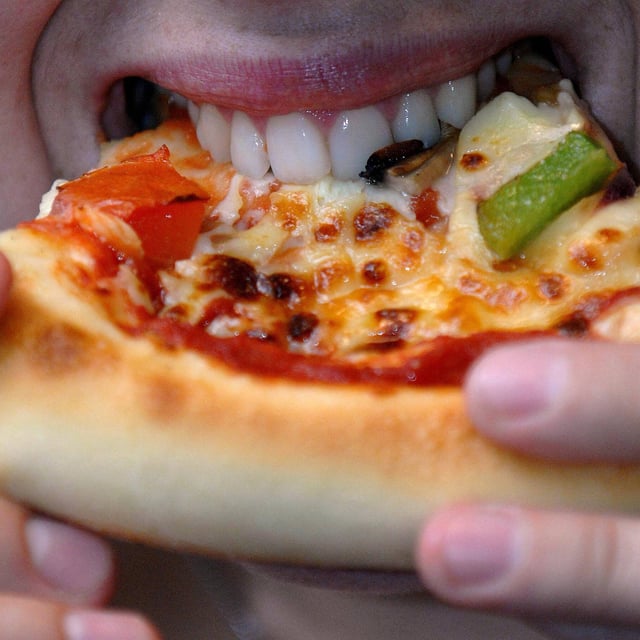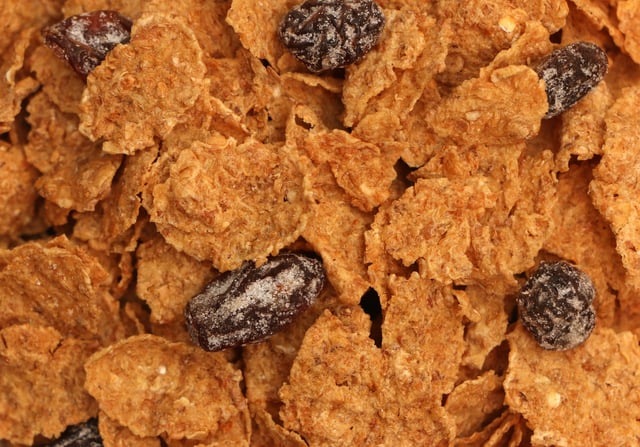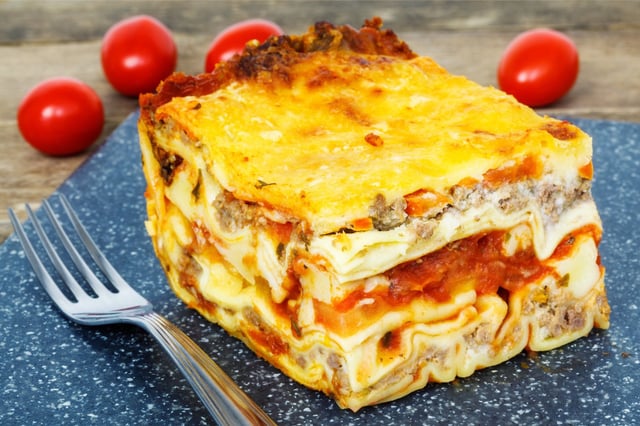Overview
- Researchers at University College London and UCLH conducted a randomized cross-over feeding trial in 55 adults, each following an eight-week minimally processed diet and an eight-week ultra-processed diet separated by a four-week washout.
- On the minimally processed regimen participants lost an average of 2.06% of body weight versus 1.05% on the ultra-processed plan when both met UK Eatwell Guide nutrition targets.
- The minimally processed diet induced a spontaneous 290 kcal daily deficit compared with 120 kcal on the ultra-processed diet under matched nutrient conditions.
- Participants reported significantly fewer food cravings and greater craving control on the minimally processed diet despite similar overall calorie provision.
- Secondary health markers remained stable over both diets; the study’s rigorous real-world design strengthens calls for dietary guidelines to incorporate processing levels.



